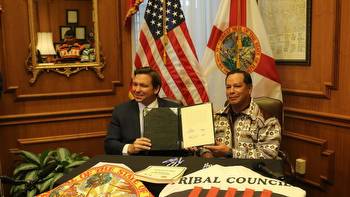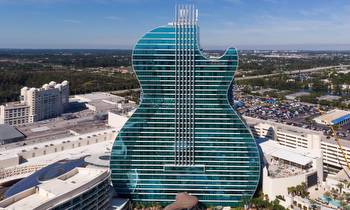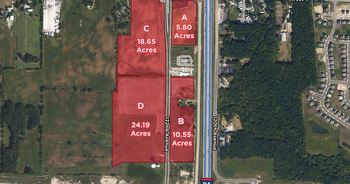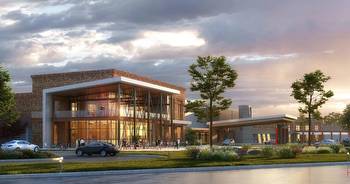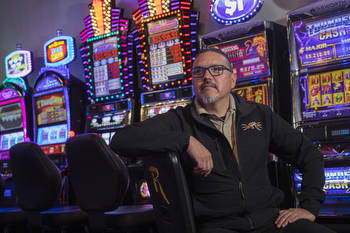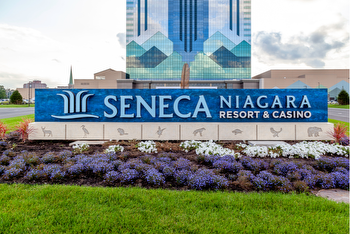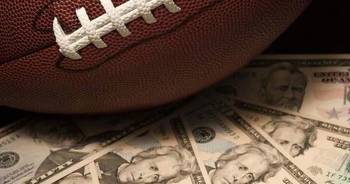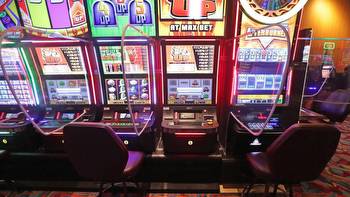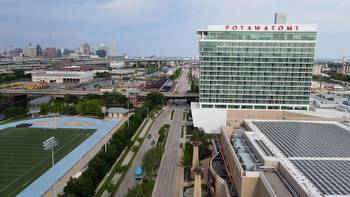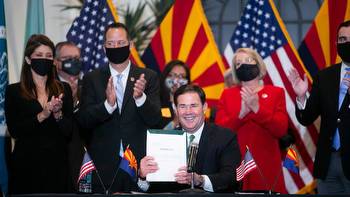Gov. Evers bets more gambling will bring more jobs
For a governor whose favorite card game is euchre, Democrat Tony Evers has taken two major steps to expand high-stakes gambling in Wisconsin.
On July 1, Evers announced that his administration had negotiated changes to its gaming compact with the Oneida Nation that will allow online betting at its casino and on reservation lands. Betting would not be allowed on Wisconsin college and university games, on elections for public office and on events with participants younger than 19.
Online sports betting could start before the Packers first game of the regular season scheduled for Sept. 12 if federal officials clear the deal.
The state Constitution prohibits sports betting, but the tribes are sovereign nations and exempt from that ban if those changes are approved by the governor.
On March 24, Evers approved a $405 million Ho-Chunk Nation casino, hotel, water park and convention center in Beloit, a project tribal leaders and Rock County officials had worked on for years.
Evers used two words, “economic development,” to justify both gaming expansions. The Beloit casino just north of the Illinois border will bring 1,500 long-term jobs and 2,000 construction jobs, he said.
A summary of tribal gaming by the nonpartisan Legislative Fiscal Bureau said the state’s 11 tribes operated 14,985 gaming devices and 264 gaming tables as of October. The LFB report also said net tribal gaming revenues grew by 9.5%—from $1.18 billion to $1.3 billion—over the last 10 years.
The governor’s approval of the Rock County casino came more than six years after Republican Gov. Scott Walker, who Evers defeated in 2018, rejected plans by the Menominee Tribe for a proposed $800 million off-reservation casino in Kenosha.
Walker said then that the Kenosha casino could have forced state government to pay the Forest County Potawatomi Community up to $100 million to compensate the tribe for lost revenue at its Milwaukee casino.
Online sports betting has exploded since then. Noting that neighboring Illinois, Iowa and Michigan allow online sports betting, Evers said giving the Oneida Tribe that revenue source would help northeast Wisconsin’s economy.
“The Oneida Casino is a critical source of revenue and employment for Oneida Nation, and this expansion will bring new opportunities for employment and revenue growth to the tribe,” Evers said.
Oneida Chairman Tehassi Hill said the tribe signed its first gaming compact with the state 30 years ago and that online betting offers a “better quality of life” for its members and neighbors.
“We have been fortunate to be working toward recovery in our economy and move toward keeping a safe, professional gaming entertainment facility for Wisconsin travelers,” Hill added. “Tourism is an important component of Wisconsin’s economy.”
The governor’s announcement left two important questions unanswered:
- What percentage of online betting profits—the so-called net win—will the Oneida Tribe pay to state government?
Every tribe with gaming compacts negotiates separate payment deals with state officials. But the Evers administration’s announcement did not say what additional payments for online betting the Oneida Tribe will pay.
- Are other Wisconsin tribes also negotiating with the Evers administration to offer online betting?
One veteran of tribal gaming fights said only Wisconsin’s largest tribes—the Ho-Chunk, Potawatomi and Oneida—could afford the high-tech infrastructure needed to start and run online betting.
“The software, operational systems and setup needed are expensive and complicated,” the source added.
The Democratic governor’s approval of two major expansions of tribal gaming came after COVID-19 closed casinos, cutting into their profits.
The tribes had been projected to pay state government $37.2 million in the budget year that ended June 30—a 6% one-year increase, for example.
But in a June memo to lawmakers, the fiscal bureau summarized that uncertainty this way:
“Under the compacts, payments to the state may be proportionally reduced in the event of a natural or man-made disaster that affects gaming operations.
“In 2019-20, payments were postponed because of casino closures during the Covid-19 pandemic. As a result, the state Department of Administration’s gaming receipts appropriation is expected to have a closing balance of -$28,430,900 in 2020-21.”
The Evers administration has not yet reported what tribal payments actually totaled in the year that ended June 30.
Bet on this, though: The tribes didn’t pay state government the projected $37.2 million in gaming profits last year.














